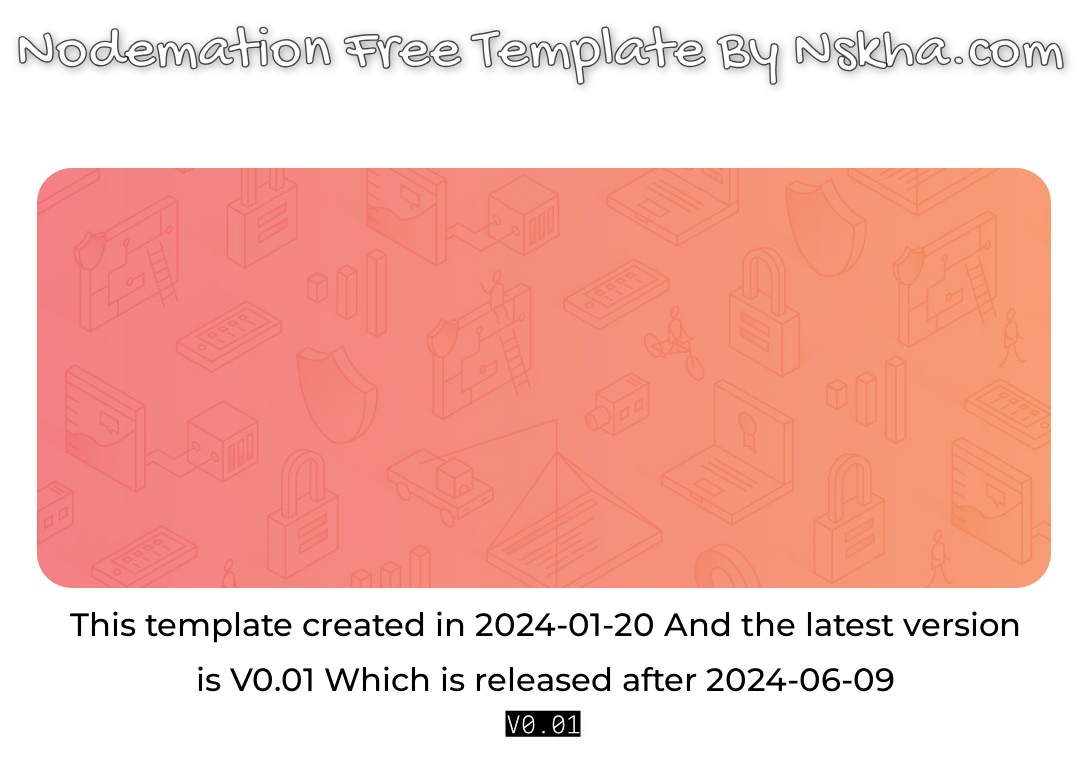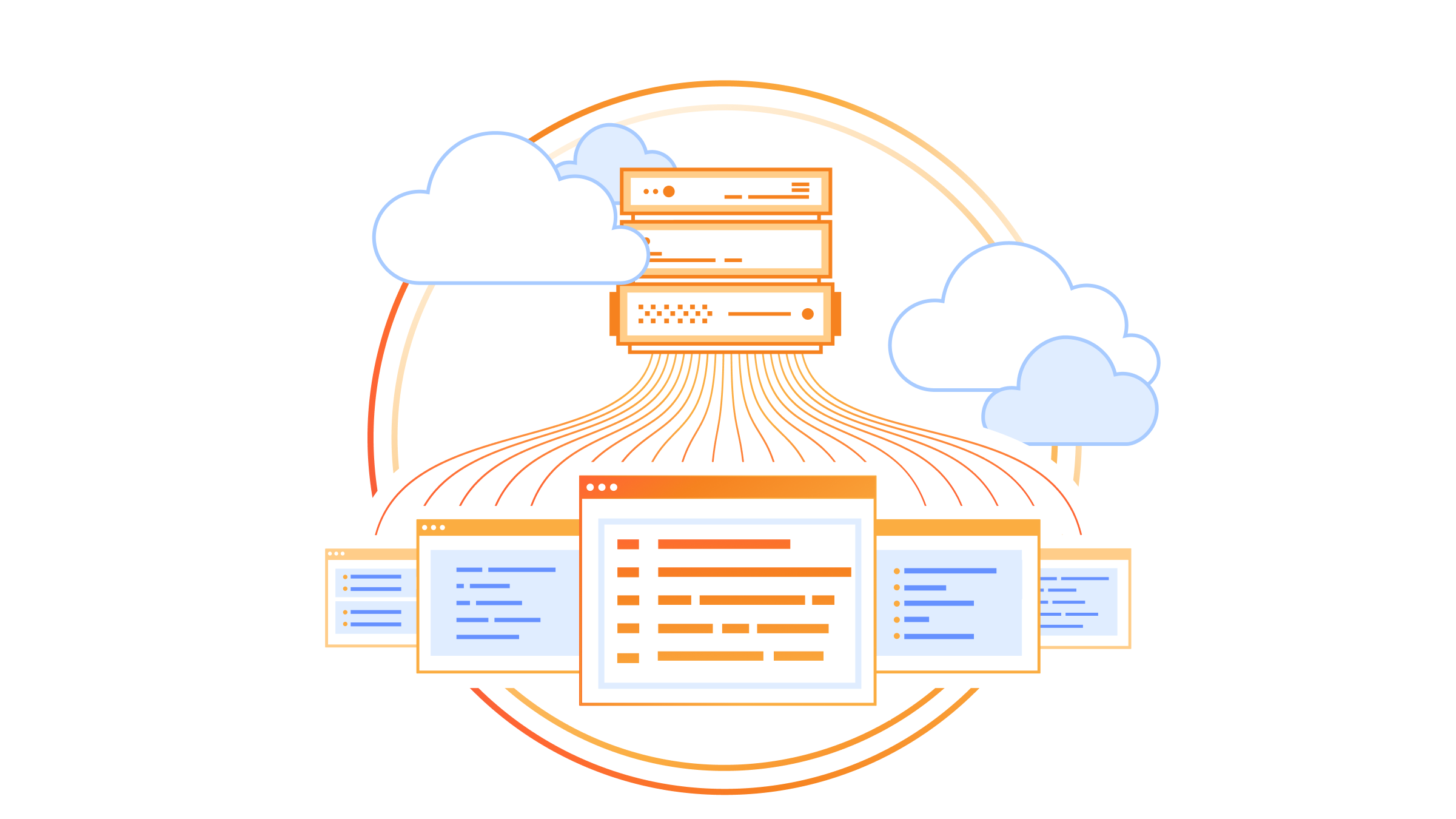This n8n template provides a comprehensive solution for managing Key-Value (KV) pairs using Cloudflare's KV storage. It's designed to simplify the interaction with Cloudflare's KV storage APIs, enabling users to perform a range of actions like creating, reading, updating, and deleting namespaces and KV pairs.
- Efficient Management: Handle multiple KV operations seamlessly.
- User-Friendly: Easy to use with pre-configured Cloudflare API credentials within n8n.
- Customizable: Flexible for integration into larger workflows (Copy / paste your prefered part).
- n8n workflow automation tool (version 1.19.0 or later).
- A Cloudflare account with access to KV storage.
- Pre-configured Cloudflare API credentials in n8n.
This workflow is divided into three main sections for ease of use:
- Single Actions: Perform individual operations on KV pairs.
- Bulk Actions: Handle multiple KV pairs simultaneously.
- Specific Actions: Execute specific tasks like renaming namespaces.
- Manual Trigger: Initiates the workflow.
- Account Path Node: Sets the path for account details, a prerequisite for all actions.
- HTTP Request Nodes: Facilitate interaction with Cloudflare's API for various operations.
- Sticky Notes: Provide quick documentation links and brief descriptions of each node's function.
- Setup Account Path: Input your Cloudflare account details in the 'Account Path' node. you can get your account path by your cloudflare URL
- Choose an Action: Select the desired operation from the workflow.
- Configure Nodes: Adjust parameters in the HTTP request nodes as needed. (each node contain sticky note with direct link to it own document page)
- Execute Workflow: Trigger the workflow manually to perform the selected operations.
I covered in this Workflow the full api calls of Cloudflare KV product.
- Type: HTTP Request
- Function: Deletes a specified KV pair within a namespace.
- Configuration: This node requires the namespace ID and KV pair name. It automatically fetches these details from preceding nodes, specifically from the "List KV-NMs" and "Set KV-NM Name" nodes.
- Documentation: Delete KV Pair API
- Type: HTTP Request
- Function: Creates a new Key-Value Namespace.
- Configuration: Users need to input the title for the new namespace. This node uses the account information provided by the "Account Path" node.
- Documentation: Create Namespace API
- Type: HTTP Request
- Function: Renames an existing Key-Value Namespace.
- Configuration: Requires the old namespace name and the new desired name. It retrieves these details from the "KV to Rename" and "List KV-NMs" nodes.
- Documentation: Rename Namespace API
- Type: HTTP Request
- Function: Writes multiple Key-Value pairs inside a specified namespace.
- Configuration: This node needs a JSON array of key-value pairs along with their namespace identifier. It fetches the namespace ID from the "List KV-NMs" node.
- Documentation: Write Multiple KV Pairs API
- Type: HTTP Request
- Function: Reads the value of a specific Key-Value pair in a namespace.
- Configuration: Requires the Key's name and Namespace ID, which are obtained from the "Set KV-NM Name" and "List KV-NMs" nodes.
- Documentation: Read KV Pair API
- Type: HTTP Request
- Function: Reads the metadata of a specific Key in a namespace.
- Configuration: Similar to the "Read Value Of KV In NM" node, it needs the Key's name and Namespace ID, which are obtained from the "Set KV-NM Name" and "List KV-NMs" nodes.
- Documentation: Read Metadata API
> The rest can be found inside the workflow with sticky/onflow note explain what to do.
- Modular Use: Extract specific parts of the workflow for isolated tasks.
- Validation: Ensure correct namespace and KV pair names before execution.
- Security: Regularly update your Cloudflare API credentials for secure access, and make sure to give your API only access to the KV.
Keywords: Cloudflare KV, n8n workflow automation, API integration, key-value storage management.






